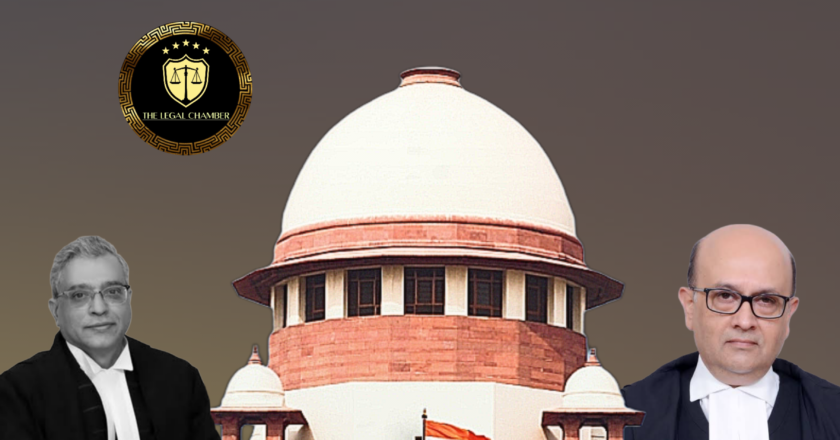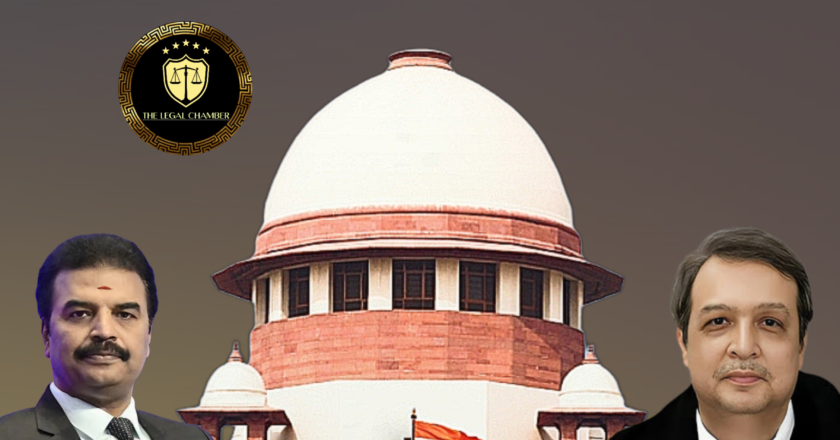Legal Heirs Not Substituted in Time? Supreme Court Explains When Entire Appeal Gets Dismissed
The Supreme Court dismissed the appeal, holding that the High Court correctly rejected the applications for condonation of delay and substitution of legal representatives of the deceased appellant. The Court ruled that the second appeal abated entirely as the decree was joint and indivisible, and non-substitution of the deceased appellant's legal representatives would lead to inconsistent decrees. The Court clarified that Order XLI Rule 4 of the CPC does not override the abatement principles under Order XXII, especially when the appeal was jointly filed by all appellants. The judgment emphasized that abatement is inevitable if the decree is based on common grounds and its reversal would create conflicting outcomes.
Facts Of The Case:
The case arose from Civil Suit No. 13 of 1983 (r...

